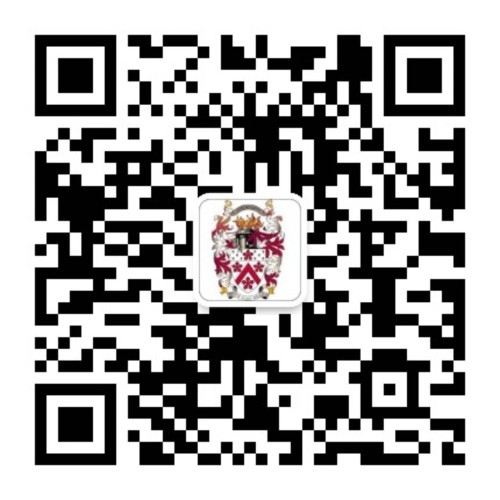Richard Clancy: Teachers in the Spotlight
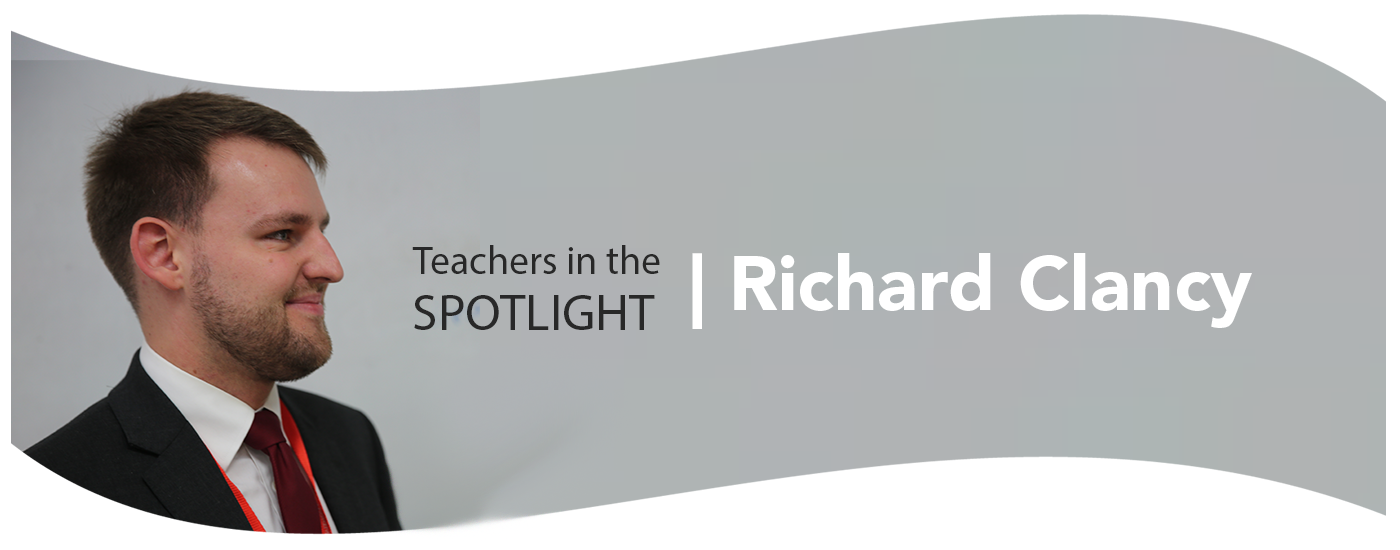
A few months ago, we were delighted to spend some time with Richard Clancy, the head of economics at Dulwich International High School Suzhou. Below are the edited highlights of the interview.
01 Can you tell us a little bit about yourself?
I am originally from London and as a pupil, I went to Dulwich College London and was there for eleven years! I was brought up in the Dulwich Family. My love of all things Dulwich started at the age of seven. I was treated extremely well by Dulwich London which made me feel very much inclined, at some point, to come back.
When I went off to University to study economics, I originally thought that I would go into the City of London and have a career in banking, accountancy or finance. But as my university years went by, I quickly realized that I had a passion for tutoring and that led to the idea of teaching. Teaching was always something that I had considered as a career, but I had never considered it as my first career. I thought it would be my final position. So, I went off to university to study economics, but midway through, I had the opportunity to apply for a teacher training program in Mathematics. I was accepted onto that program midway through university and went off to train in Mathematics, teaching in Wales.
02 What led to the switch from mathematics to economics?
I trained as a Maths teacher and started my first teaching post while I was still training. The teacher training program I was doing was about learning on the job. The move back to economics occurred at the end of my first year of teaching, as I was about to qualify while living in Wales. I was contacted via Facebook by my old economics teacher at (while I was still a pupil) who was now head of economics. He got in touch to say that there was a potential opportunity that was available at Dulwich College London. It was a last-minute job opportunity in 2015. He contacted me because I was an economics graduate and a Dulwich boy. So, I put in an application and I got the job and moved back to London. I did one year of full-time maths teaching then went straight into teaching economics.
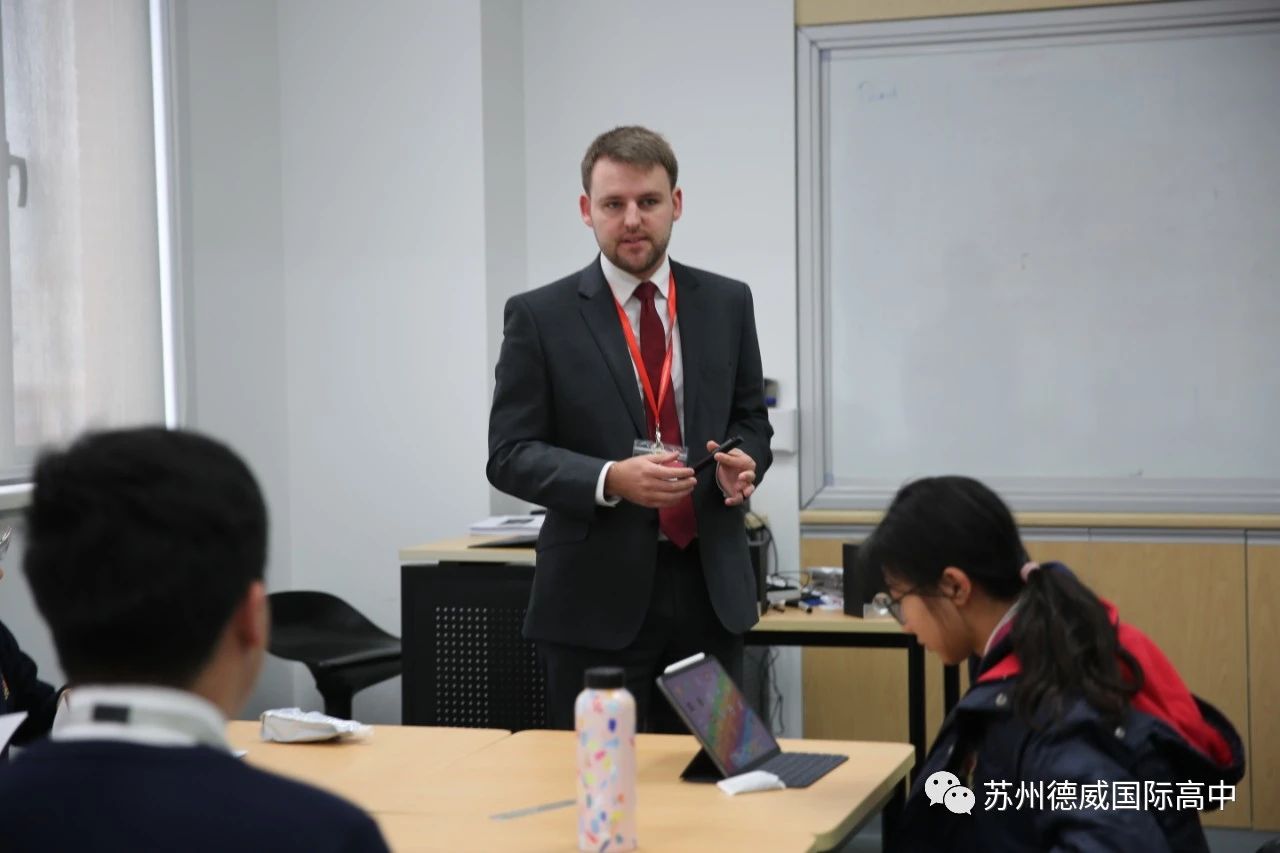
I’d always been deeply interested in economics as a subject. But the teacher training program I was on had no option for economics. However, maths was also something that I was very passionate about. I had had experience tutoring in English and maths prior to that, so it felt like a natural progression. I ended up dual-qualified! I did my PGCE in maths, but my NQT Year was in economics, so I’m certified in both maths and Economics, which was a nice perk!
I was at Dulwich College London for about four years teaching 80 percent economics and 20 percent maths.
03 Why did you want to come to Dulwich International High School Suzhou?
Midway through my fourth year teaching a Dulwich College in London, I was beginning to really find my feet as a teacher and felt very comfortable in the job that I was part of. So, I started looking for possible next steps. I have always been very ambitious, so I wanted to take a positive step forward that would help develop my career path and aspirations. I had been brought up in London, now I was teaching back in London at the same school that I went to as a pupil. I felt I needed a greater breadth of experience.
I was offered a job at Dulwich International High School Suzhou that I was very happy with! Suzhou is a great city. I feel that I have developed a lot as a teacher by coming to a different environment. It was very, very different! I had only taught a very small proportion of Chinese or International students back in London (about 15-20 percent) most of them had English as a first language. So, it was a big step to come out here! It was a massive change, as I had never lived outside of the UK before.
The original arrangement I had with Dulwich London was that I would be seconded to China for one year, while my job in Dulwich London remained open. But coming out here, I really settled in fast and really enjoyed being here with the friendly people. The students are brilliant. I felt like I had a lot to offer. Mid way through that first year, the opportunity to apply for the head of department role arose. That was something that I was really excited about as I had been looking for that step up for a couple of years. I got the job, so I am now here for at least two more years.
It was a challenge, because I felt such a connection to Dulwich Generally, that having to formally give up my Dulwich College London role was quite a big moment for me. It was tough emotionally to part ways formally.
04 What is it like Teaching at Dulwich College London? How is it different from teaching here?
The first difference is that Dulwich College London is for boys only. That changes the classroom dynamic enormously. I’d only had one year’s experience of teaching girls before coming out here! But I really enjoy teaching girls. They tend to be very studious and more mature than the boys, so they help to balance out the classroom dynamic. Teaching back in London was very different. The classroom that I taught in was my old economics classroom as a pupil! Teaching at Dulwich International High School Suzhou makes me proud of the background I’ve had and my Dulwich heritage. I always feel very grateful for the start in life that Dulwich gave me. Part of the reason that I am here now is that I want to give back.
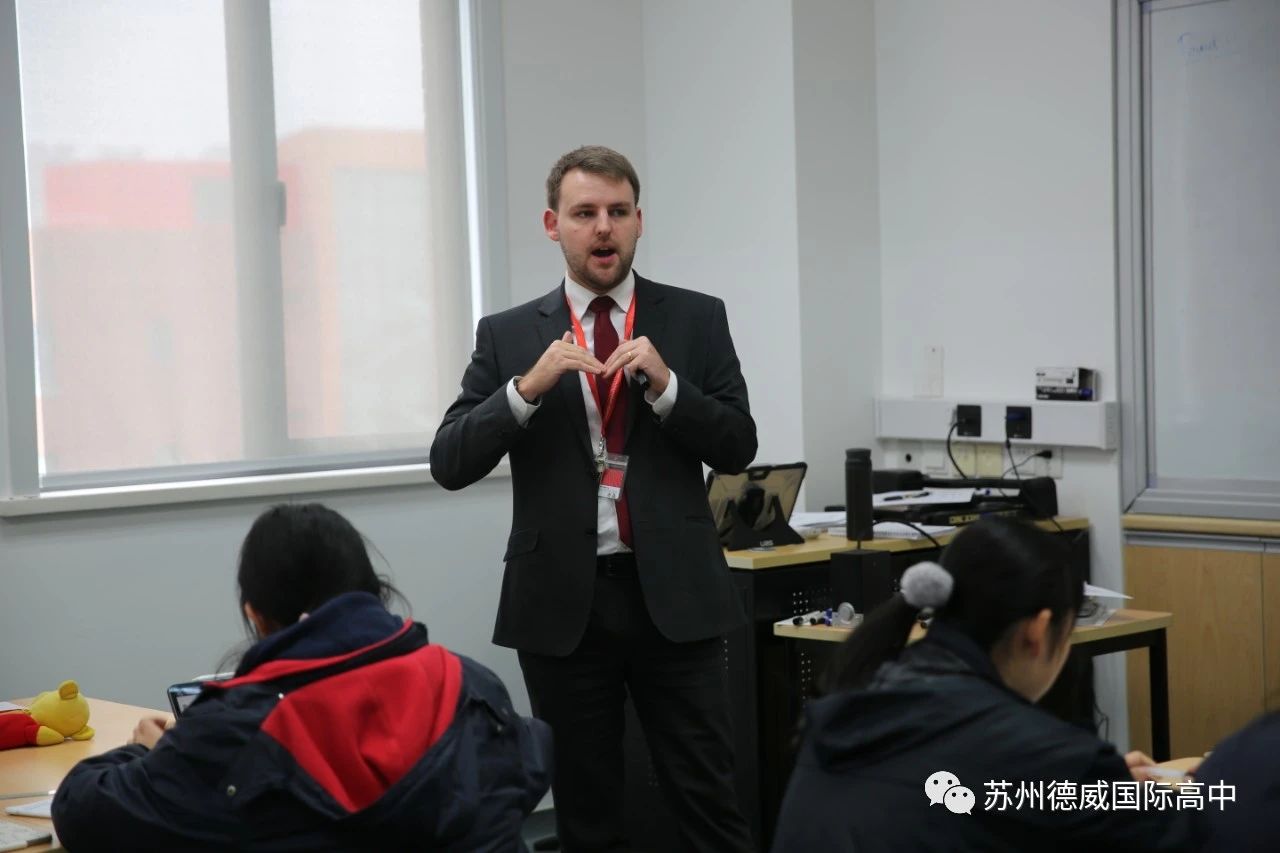
The main difference is that students at Dulwich International High School Suzhou face challenges with second language English. Our students must be more conscious of their writing skills, their logic skills and their ability to reason and construct arguments. That takes a lot more effort to build up. But the students here are unbelievably enthusiastic, determined and extremely hard working.
05 What is special about economics?
For me, economics is special because it links into every aspect of everyday life. Whether we are talking about microeconomics and how that links to consumer decision making, the choice to eat an apple or a banana in the morning or to buy a Starbucks Coffee or get it from somewhere else. It links to those decisions, but it also links to the decisions of governments, the decisions of countries at an international trade level. For me, economics is so interesting because the models that you learn underpin everything! They underpin the changes in prices that you see. They underpin policy decisions. They underpin our choices of who to spend our time with, what leisure activities we do. It has connections to everything. Trying to explain those real-life choices through models and diagrams and explain what we see in real life is fascinating.
06 What is special about economics at Dulwich?
Economics here offers our students the chance to learn a little bit about the world. They also learn how the Chinese economy works. Whether that is the market for Milk Tea or the market for Didi. Learning about that, then opening their horizons to world economics puts us in a unique position. Our students have committed to opening themselves up to the world and economics is one of the best ways that you can do that. Learning about world issues, economic systems around the world, government policy, different levels of income and income inequalities around the world. Why that happens. What we can do about it. How we can solve major world issues in terms of poverty. For me, giving our students that chance to learn, debate and discuss those issues, makes our situation unique.
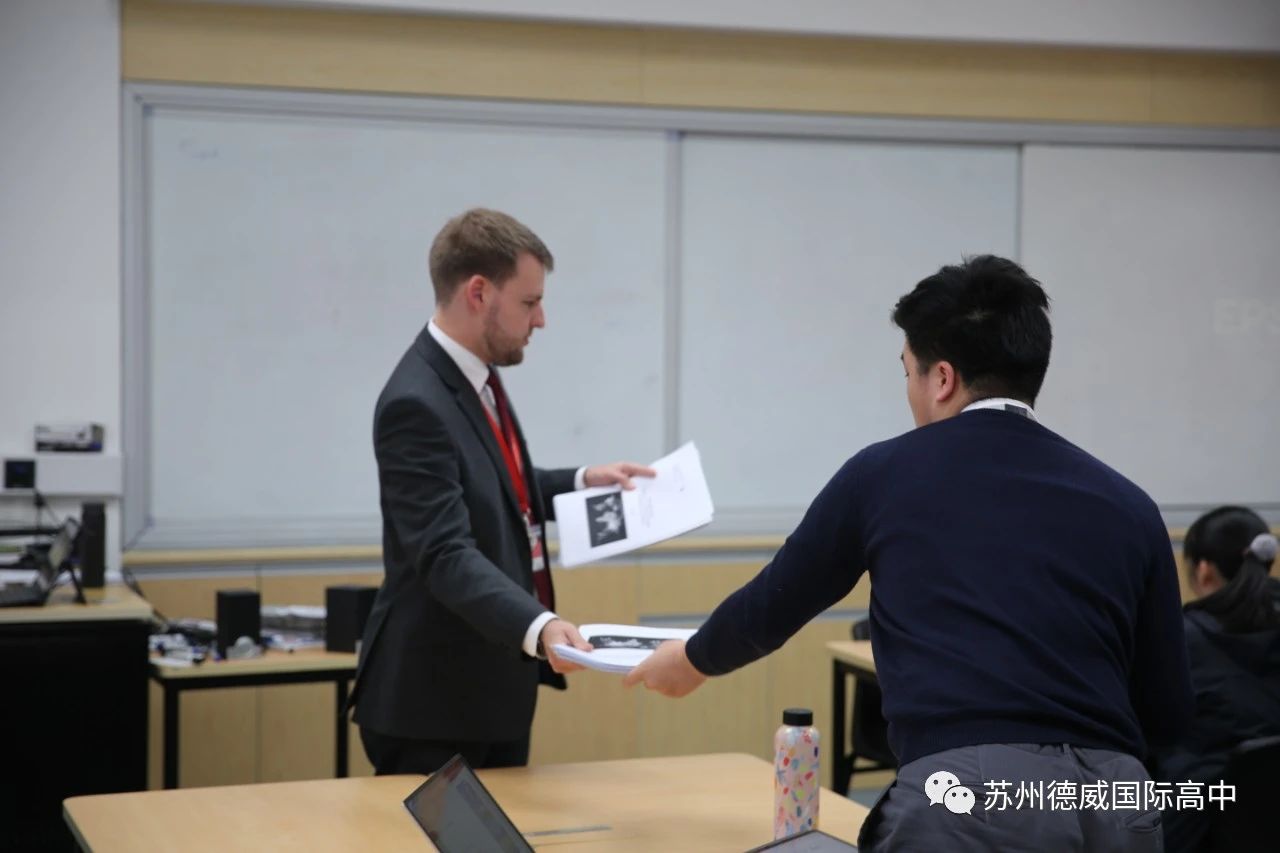
Part of my vision this year (coming in as a new head of department) was to encourage collaboration. We normally think of collaboration as teacher-to-teacher collaboration. I wanted it to be teacher-to-teacher, teacher-to-pupil, pupil-to-pupil collaboration. I think we can encourage that in the classroom, by getting students to benefit from each other. From each other’s experiences, their own individual ways of understanding concepts. Group work has been a massive driver of learning this year in the Economics department. We are taking risks because I think risks lead to learning opportunities. Whether that is mixing classes for one lesson a month, having learning stations within classrooms, to try and encourage differentiation and development of language skills, encouraging learning to take place beyond the economics corridor or using the library environment. For me, risks bring rewards! We are trying to find what works best for our students. The best way to discover that is to try different approaches. We are trying to get students to feel that they are part of the learning process. We encourage them to take ownership of their own learning.
07 How should students prepare to study economics at Dulwich?
Students coming into economics either at IGCSE or A-Level will be in a good position, if they are open minded. Economics is a subject that you can start learning at any point. What really matters is that students that are going to start learning economics are willing and interested to learn about the subject. They must be genuinely passionate about world issues. I want to see students choose economics because they want to learn about poverty, about inequality and about what inflation is, how an economy grows and why prices change. I want to see that passion and enthusiasm. If they have that, as far as I am concerned, that is all they need.
If they genuinely have that enthusiasm, they will come into our lessons and ask questions and be curious. These are the students that I look for the most. There is no requirement for natural flair or prior knowledge of the subject because all of this can be developed. I’m not interested in who can write the best essay. The students that do the best are the ones that ask questions and challenge what I am saying.
08 What skills do students learn in economics?
Students that study economics will learn logic and critical thinking skills. They will gain the ability to construct cogent and coherent arguments. They will be challenged in terms of their opinions and perspectives. They will develop a strong vocabulary. We want them to develop evaluative skills and the ability to think critically. The ability to challenge and question what they are told and make judgments based on their reasoning. I really try to develop confidence in my students, by making the classroom environment a safe place to think and explore and to challenge.
09 What are your plans for the economics department?
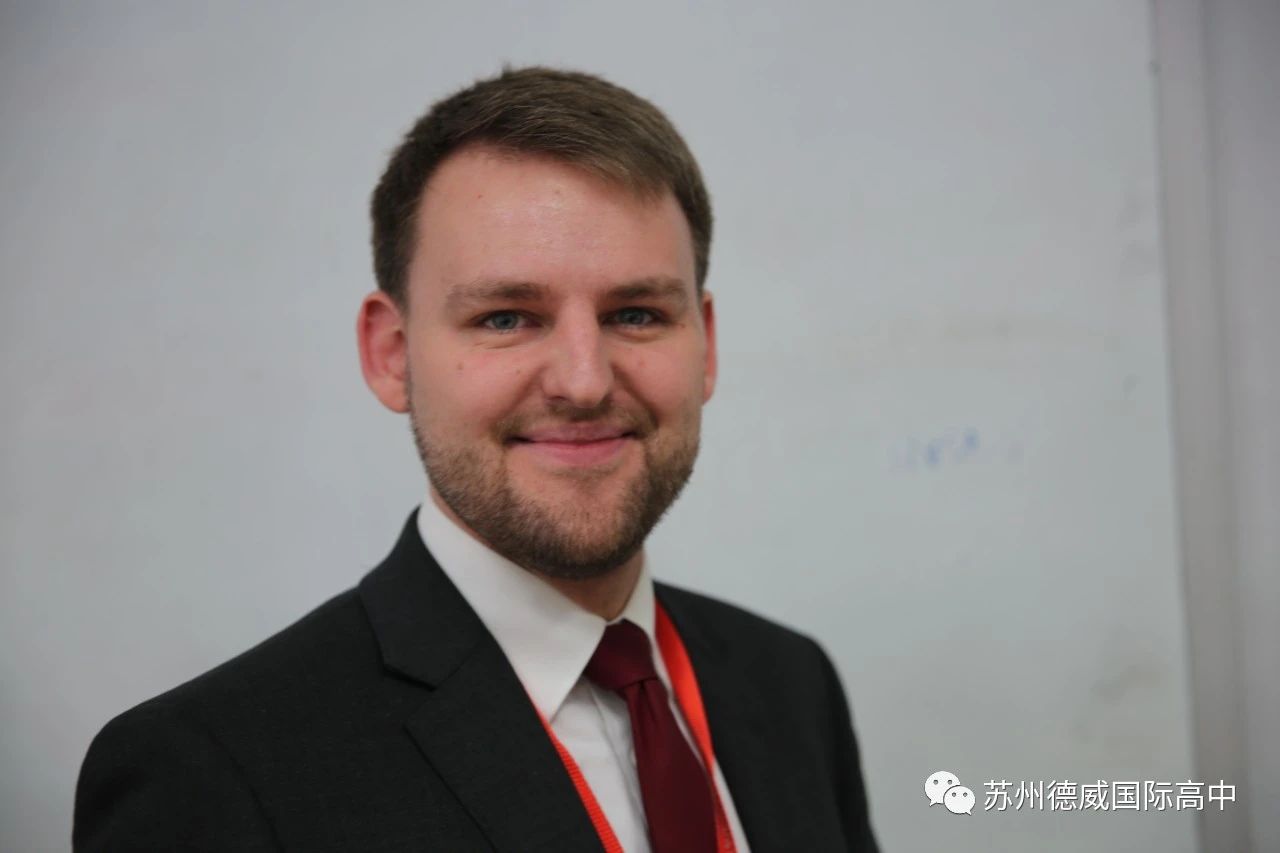
The plan in the medium term is to really drive student agency and student ownership. To make students feel responsible for their own learning. The goal is for us to become facilitators of that learning process, rather than being dictators or just didactic deliverers of content. I want our students to feel a genuine passion and hunger for the subject. I think many of the students here do, but not all of them. I want to provide an inspirational environment where students feel comfortable enough to explore their own interests. Moving forward, I want to develop our Co-curricular offerings within the department. While we are doing some good things now, like the Model United Nations, the Business League, The Stock Trading CCA and work closely with Extended projects, I want to expand that range a little bit more and try to offer a few things that students are not necessarily familiar with, like an economics book club.
We have an extremely strong department, with a wide range of skillsets and a wealth of experience. We have a very strong team, with a range of teaching qualities, specialisms and interests. Every member of my department is valued, valuable and appreciated.





